Alzheimer’s Disease and Other Dementias Certification – ANDREA BRANDT (Online Course)
Description:
Become an Evergreen Certified Dementia Care Specialist (ECDCS) while learning straightforward strategies and subtle tactics to make your practice more effective.
It’s no secret…working with dementia patients can be difficult.
And beyond the simple challenge of everyday conversation, you also have to learn to manage…
- Unpredictable combativeness — even aggression
- Dangerous wandering
- Paranoia
- Hallucinations
- Strange delusions
- Disruptive repetitive behaviors
And here’s what’s even more challenging:
Our first instincts are not always the best treatment strategies.
Working with dementia patients can be more counterintuitive than you think. But, with the right knowledge and techniques, you can transform challenging moments into patient (and personal) victories.
And this program by licensed clinical neuropsychologist, Dr. Sherrie All, founder of the Chicago Center for Cognitive Wellness, can help you gain those skills.
Plus, become an Evergreen Certified Dementia Care Specialist (ECDCS) after course completion!
Becoming an Evergreen Certified Dementia Care Specialist (ECDCS) shows patients and colleagues you’re committed to providing the best care possible. And the best part is, your application for certification is included in the course price!
Not only will you have more confidence in patient interactions, you’ll operate with more certainty in professional interactions too. All because you’ll be equipped with powerful dementia care information.
Beyond that, certification is also a formal documentation of your specialized knowledge. It inspires trust from both patients and colleagues.
And, as an added benefit, you could enjoy more favorable treatment from insurance companies and managed care panels too.
In just three easy steps, you can become an Evergreen Certified Dementia Care Specialist (ECDCS):
Step 1: Watch the online course.
Step 2: Complete the CE test(s) and instantly access your certificate(s) of completion.
Step 3: Submit the Certification Questionnaire included in this training, and your application is complete*.
After this eye-opening course, you’ll have the knowledge to…
- Identify the symptoms of each type of dementia and how they impact identification and prognosis
- Use two powerful and effective assessment tools to screen for possible cognitive difficulty
- Employ subtle, yet powerful communication skills to work harmoniously with patients who have dementia
- Calmly address (and mitigate) challenging patient behaviors like wandering, aggression, and paranoia
- Understand how medications, preventative treatment, and advances in early detection could impact care of people with dementia
- Become a champion of elder care ethics, working to ensure patients are respected in the way they deserve
- The #1 risk factor for dementia
- Why dementia will bankrupt Medicare if we do nothing
- Dementia vs. Alzheimer’s — what’s the difference?
- Three things that increase the risk for dementia
- The part of the brain most affected by Alzheimer’s disease
- The special brain circuit that must be intact to form new memories
- The two physical causes of Alzheimer’s
- The seven stages of dementia based on the Global Deterioration Scale (GDS) and the Functional Assessment Staging Test (FAST)
- Pseudo-dementias and reversible conditions (How to make sure it actually is dementia…and not something else)
- MoCA and SLUMS — what these two 10-minute tests tell you…and what they don’t
- The four types of intervention for dementia (and the powerful, positive effect these interventions can have on patients and caretakers)
- Should you refer for a full Neuropsych evaluation? Here’s how to decide
- The Alzheimer’s “risk-factor” gene
- The five types of communication problems exhibited by people with dementia
- Best practices to avoid arguments
- Three things you should never do when talking to a person with dementia
- Innovative communication tools you can use when communication becomes difficult or slows to a stop
- Two ways to assess for a hidden cause of challenging behaviors
- Sundowning — how to prevent it from happening and handle it when it does
- These five signs indicate a patient might be at risk for wandering — here’s how to spot them
- Hallucinations vs. Delusions vs. Schizophrenia — How do you tell the difference?
- Paranoia Management Strategies
- “Feelings are more important than facts” — a 2003 study reveals why you should remember this counterintuitive quote when working with patients
- “What medications have been approved for behavioral and cognitive symptoms?” This section will show you
- The popular diet that’s been shown to have a positive effect on Alzheimer’s prevention and intervention
- A surprising class of over-the-counter drugs that actually contribute to dementia
- One simple activity that can be used as treatment for dementia (and can actually help grow more brain cells)
- End of life issues that could arise when caring for or treating a person living with dementia
- Shocking abuse statistics for people living with dementia
- When mandatory reporting of abuse is required (and the professional fields that are required to report it)
- Multicultural issues that can factor into dementia identification and treatment
NLP online course
So what is NLP?
Firstly, NLP stands for Neuro-Linguistic Programming. Secondly neuro refers to your neurology;
Thirdly linguistic refers to language however, programming refers to how that neural language functions.
As a result,In other words, learning NLP is like learning the language of your own mind!
Moreover, NLP is the study of excellent communication–both with yourself, and with others.
It was developed by modeling excellent communicators and therapists who got results with their clients.
NLP is a set of tools and techniques, but it is so much more than that.
In conclusion, It is an attitude and a methodology of knowing how to achieve your goals and get results.
Preview Information:
Original Page
Archive Page


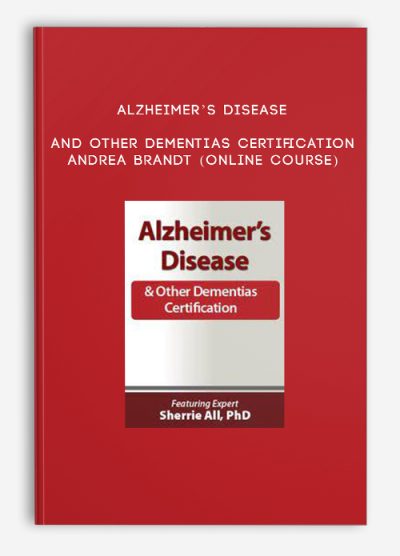
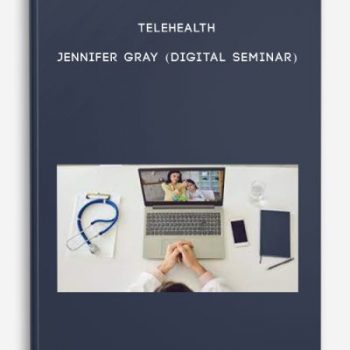
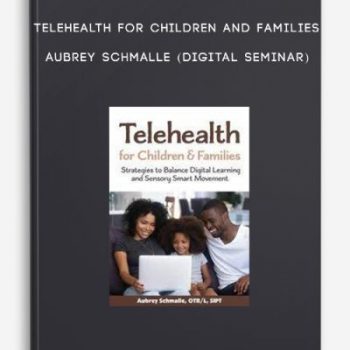
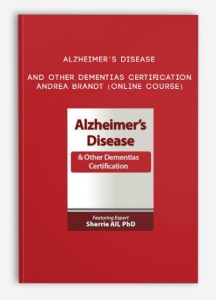

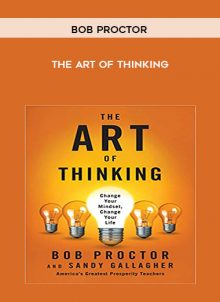

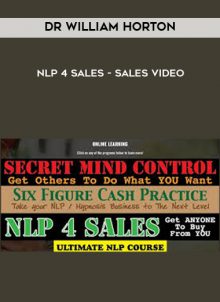


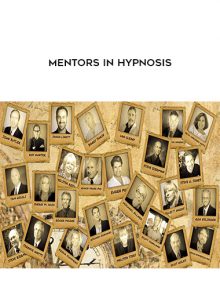
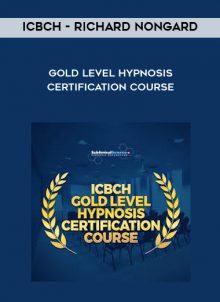
Lord –
This is Digital Download service, the course is available at Vincourse.com and Email download delivery.